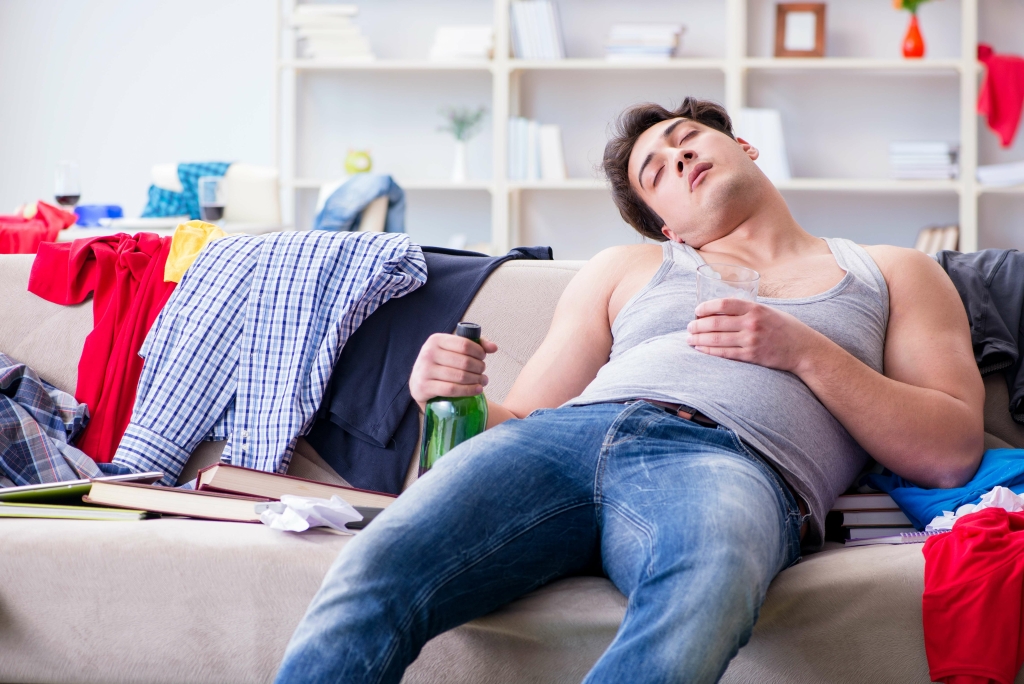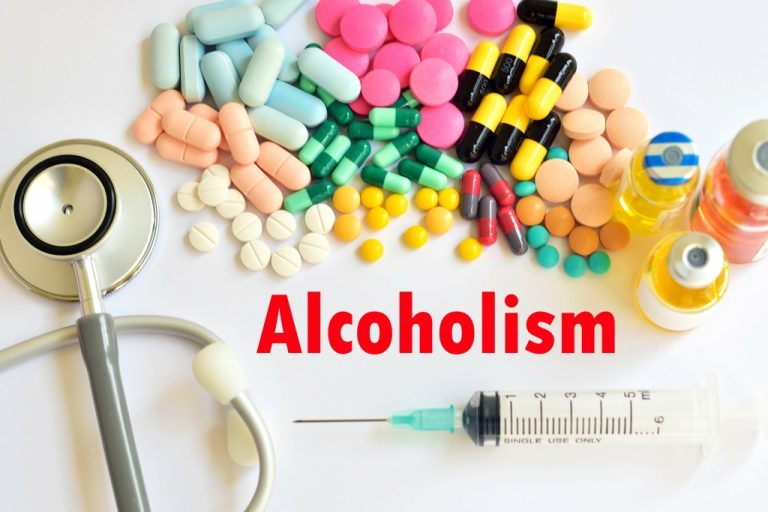The withdrawal period normally peaks 72 hours after the blood alcohol level drops. The effects of withdrawal often ease 5 to 7 days after drinking ends. Additionally, panic attacks can be triggered because of the effect alcohol has on GABA, another brain chemical that normally has a relaxing effect. Dr. Lin received his medical degree from St. George’s University School of Medicine. He went on to complete his residency in psychiatry at Harvard South Shore, an affiliate of Harvard Medical School, where he served as Chief Resident and earned his 360° Professionalism award.
Depersonalization-derealization disorder can be serious and may get in the way of your relationships and work. The main treatment for depersonalization-derealization disorder is psychotherapy, also known as talk therapy. Depersonalization-derealization disorder occurs when you always or often feel that you’re seeing yourself from outside your body or you sense that things around you are not real — or both. Feelings of depersonalization and derealization can be very disturbing. Most people feel anxiety at various points in their lives, whether they drink alcohol or not. You might have felt anxious before a job interview or giving a speech to a large audience.
He then had additional training in Addiction Psychiatry through his fellowship at the University of Texas Southwestern Medical Center. He specialized in treating patients with a history of depression, anxiety, trauma, and substance use disorders. Talkiatry is a national psychiatry practice that provides in-network, virtual care. Co-founded by a patient and a triple-board-certified psychiatrist, Talkiatry has over 300 doctors, 60 insurance partners, and first visits available in days. We treat patients with anxiety, depression, trauma, ADHD, and more.

At Monument, physicians can prescribe naltrexone or antabuse to support your sobriety if safe and appropriate for you. You can learn more about naltrexone vs antabuse, and connect with a physician to discuss your specific needs. You can also speak with your primary care physician about anti-anxiety medications to see if they are safe and appropriate for you. At Monument, our therapists are specialized in treating substance use disorders while addressing co-occuring conditions, like anxiety and depression.
These feelings can naturally increase overall feelings of anxiety in daily life. The patient reported his first panic attack came after one month of an abrupt cessation of alcohol intake after abusing the substance for seven years. The decision to stop drinking alcohol was directly related to the sudden appearance of panic attacks. This served as proof that withdrawal can cause panic attacks – especially if not done properly. The study also covered a related case, this time of a 42-year-old man with a history of alcohol abuse for 16 years.
A night of drinking can bring up feelings of anxiety or jitteriness, even if you’re not diagnosed with an anxiety disorder. Alcohol affects the levels of serotonin and other chemicals in your brain, so it affects can alcohol trigger panic attacks your body and mind in various ways the next day. If you have social anxiety or a social phobia, therapy may work best to reduce your levels of anxiety (combined with a medication such as sertraline, or Zoloft).
In the next two sections, we discuss the effects of hangover and withdrawal. The more you drink the greater your tolerance for alcohol – meaning you need to drink more alcohol to get the same feeling. If you rely on alcohol to mask anxiety, you may find you become reliant on it to relax – putting you at risk of alcohol dependence.
Mr. B, a 42-year-old automobile repairman, had a history of alcohol abuse for 16 years. He decided to stop drinking because of the unending insistence of his family and coworkers. These attacks even interrupted his sleep; he would waken abruptly with a choking sensation.
When these symptoms become overwhelming, the person might have an alcoholic drink to try to calm down. They might also consume alcohol at the gathering to feel more relaxed or less inhibited around others. For example, a person with social anxiety might be afraid of going to a party where there will be many people they do not know. Even simply thinking about attending the gathering might cause them anticipatory anxiety. One theory of why this happens is called the “tension reduction hypothesis.” This theory suggests that alcohol is used as a self-medicating method to reduce stress and anxiety. Clinicians should be vigilant to psychiatric comorbidities in the patients who have alcohol use problems, especially in the abstinence period.


